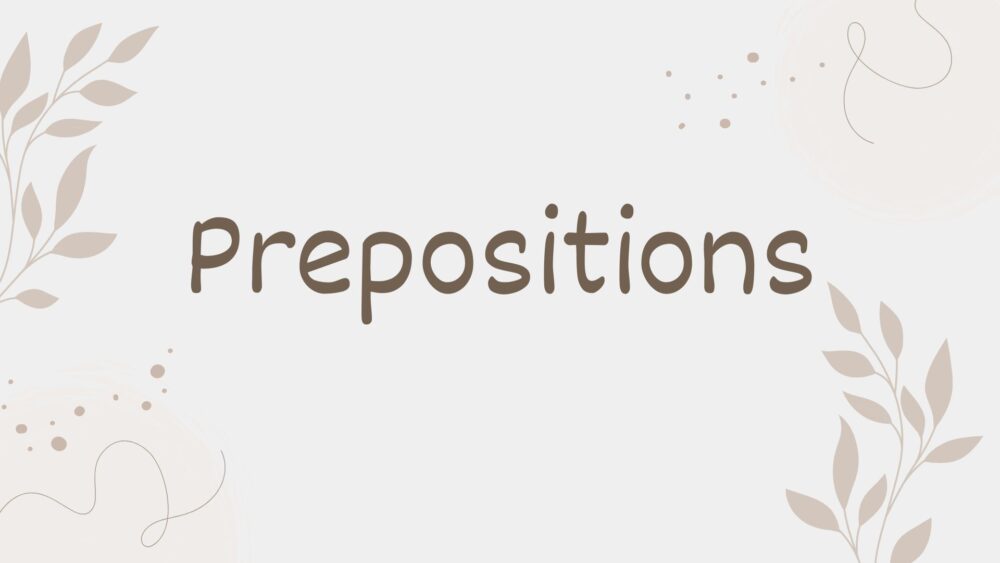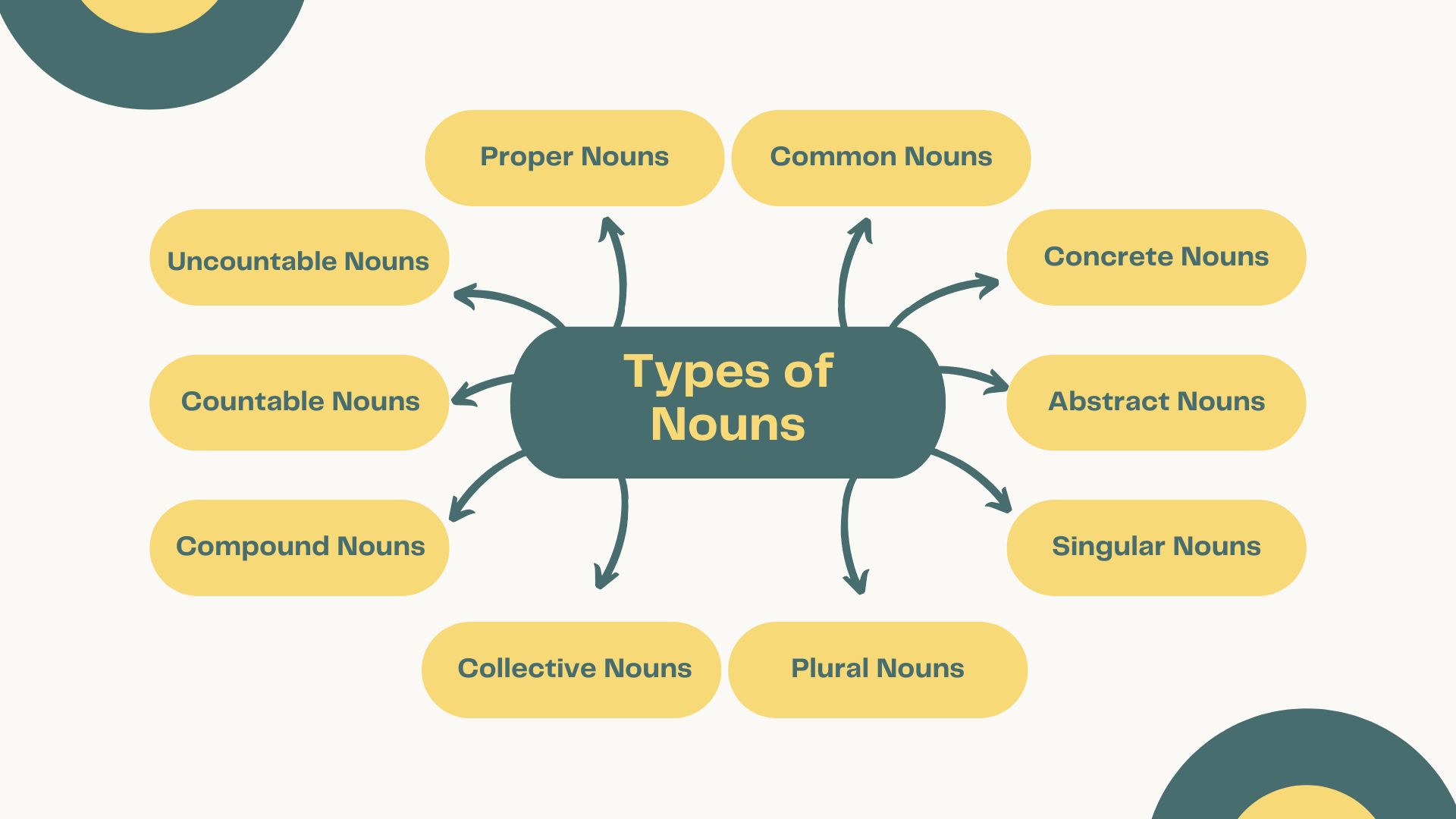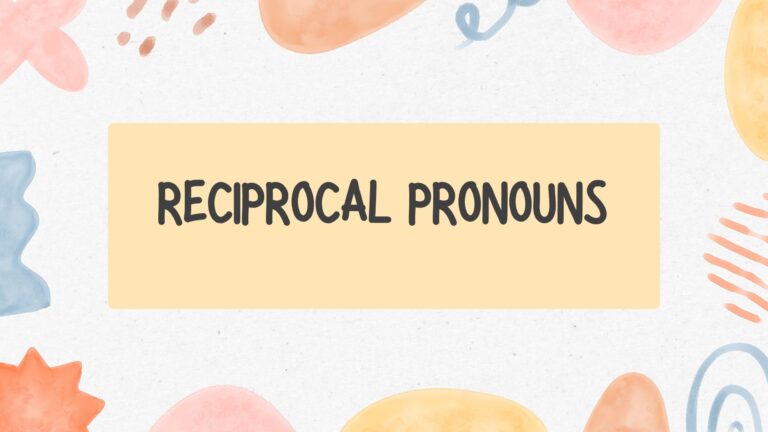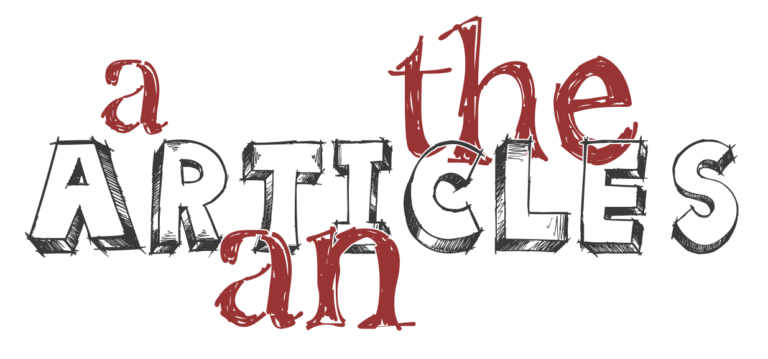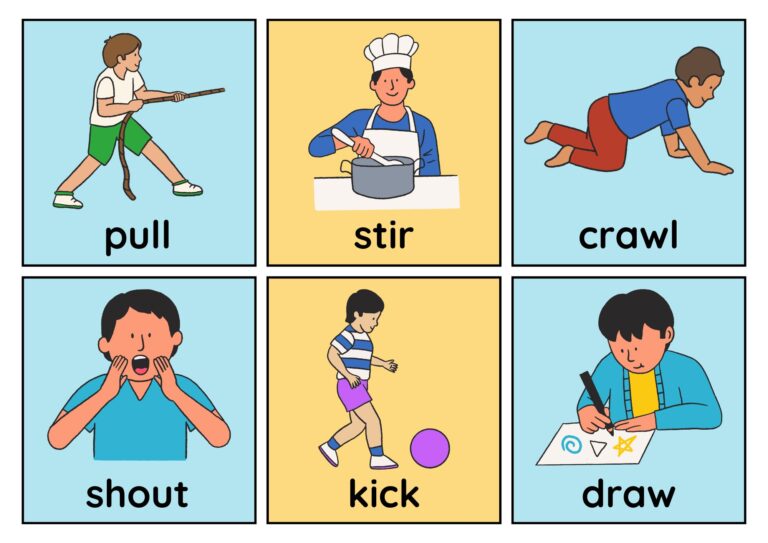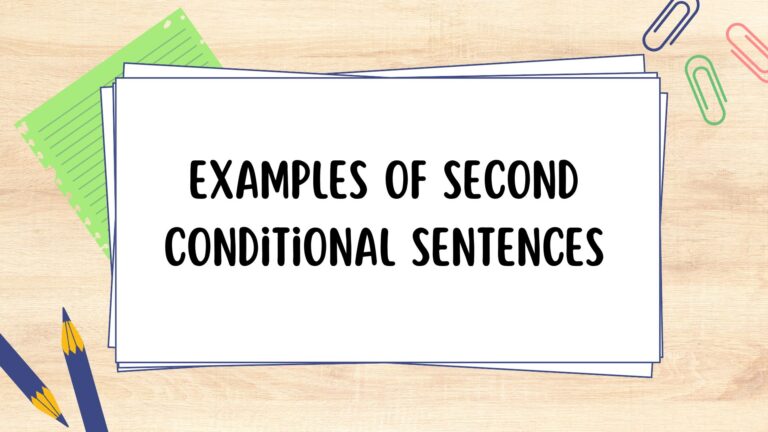Prepositions in English: A complete Guide
Prepositions are important for clear English grammar. This guide will help you understand and use them well, improving your writing and speaking skills.
Definition of Prepositions
Prepositions connect words and give context in sentences. They help clarify time, place, and direction. Even though they seem simple, prepositions can change the meaning of a sentence. For example, “on” and “under” create different images and feelings.
Their meanings can also change based on how we use them, like “in,” which can show location or a state of being. This complexity shows why prepositions matter in language. Understanding them as flexible connectors improves our communication and storytelling skills.
Types of Prepositions: An Overview
Preposition comes in different types, each with specific roles in sentences. Knowing these types helps improve writing and connects better with readers.
Simple prepositions, like “in,” “on,” and “at,” show where something is or when it happens.
Complex prepositions are phrases like “in front of” or “due to,” which add detail.
Compound prepositions mix simple ones, such as “into” or “onto,” to show movement or change.
Participial prepositions come from verbs and act as prepositions, making writing clearer and more interesting.
Rules for Using Prepositions Correctly
Preposition connects nouns, pronouns, and phrases in sentences. By following these guidelines enhances writing clarity and understanding of language dynamics.
- They must match the context of the action. For Example: “interested in” shows involvement; “interested on” is incorrect.
- Choosing prepositions carefully affects the meaning of messages.
- Avoid preposition stranding; it can lead to unclear sentences.
- Conversational English may bend this rule, but formal writing should be structured.
- Rephrase questions for clarity, e.g., “Where are you?” instead of “Where are you at?”
Common Mistakes with Prepositions
- Prepositions can confuse even skilled writers and cause big mistakes.
- Using “in” instead of “on” changes the meaning of a sentence, like “in Monday” versus “on Monday.”
- Using preposition correctly makes writing clearer and more precise.
- Too many prepositional phrases can make sentences messy and hard to understand.
- Simplifying phrases such as “in order to” to just “to” improves writing.
- Clear language keeps readers interested and enhances writing style.
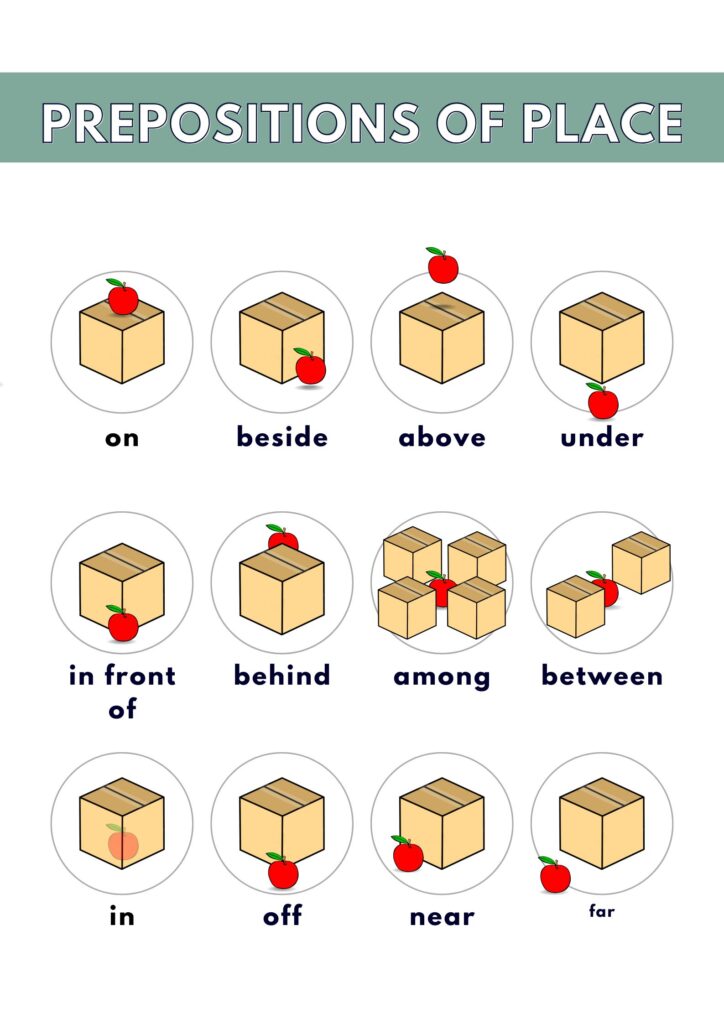
Examples
1. about
2. above
3. across
4. after
5. against
6. along
7. among
8. around
9. at
10. before
11. behind
12. below
13. beneath
14. beside
15. between
16. beyond
17. by
18. down
19. during
20. except
21. for
22. from
23. in
24. inside
25. into
26. near
27. of
28. off
29. on
30. out
31. outside
32. over
33. past
34. since
35. through
36. throughout
37. till
38. to
39. toward
40. under
41. underneath
42. until
43. up
44. upon
45. with
46. within
47. without
48. according to
49. ahead of
50. apart from
51. as for
52. as per
53. as to
54. as well as
55. because of
56. by means of
57. due to
58. except for
59. in addition to
60. in case of
61. in front of
62. in place of
63. in spite of
64. instead of
65. on account of
66. on behalf of
67. on top of
68. out of
69. owing to
70. prior to
71. up to
72. with regard to
73. with respect to
74. along with
75. away from
76. back of
77. close to
78. far from
79. inside of
80. left of
81. near to
82. next to
83. out from
84. outside of
85. over against
86. right of
87. round about
88. subsequent to
89. thanks to
90. together with
91. barring
92. concerning
93. considering
94. notwithstanding
95. pending
96. regarding
97. respecting
98. saving
99. touching
100. versus
Tips for Mastering Prepositions
- Visualizing relationships conveyed by preposition can enrich descriptions.
- Example: “the cat is on the table” suggests more than mere location.
- Vivid prepositional choices create emotional connections with readers.
- Practice using prepositional phrases in creative writing to enhance flexibility.
- Write stories or poems starting each sentence with a different preposition.
- This exercise fosters critical thinking about meaning and tone.
- Be mindful of idiomatic expressions revealing prepositional subtleties in different languages.
- Immersing in diverse contexts helps develop an intuitive understanding of preposition.
- Improved grasp of prepositions leads to more engaging and natural writing.

